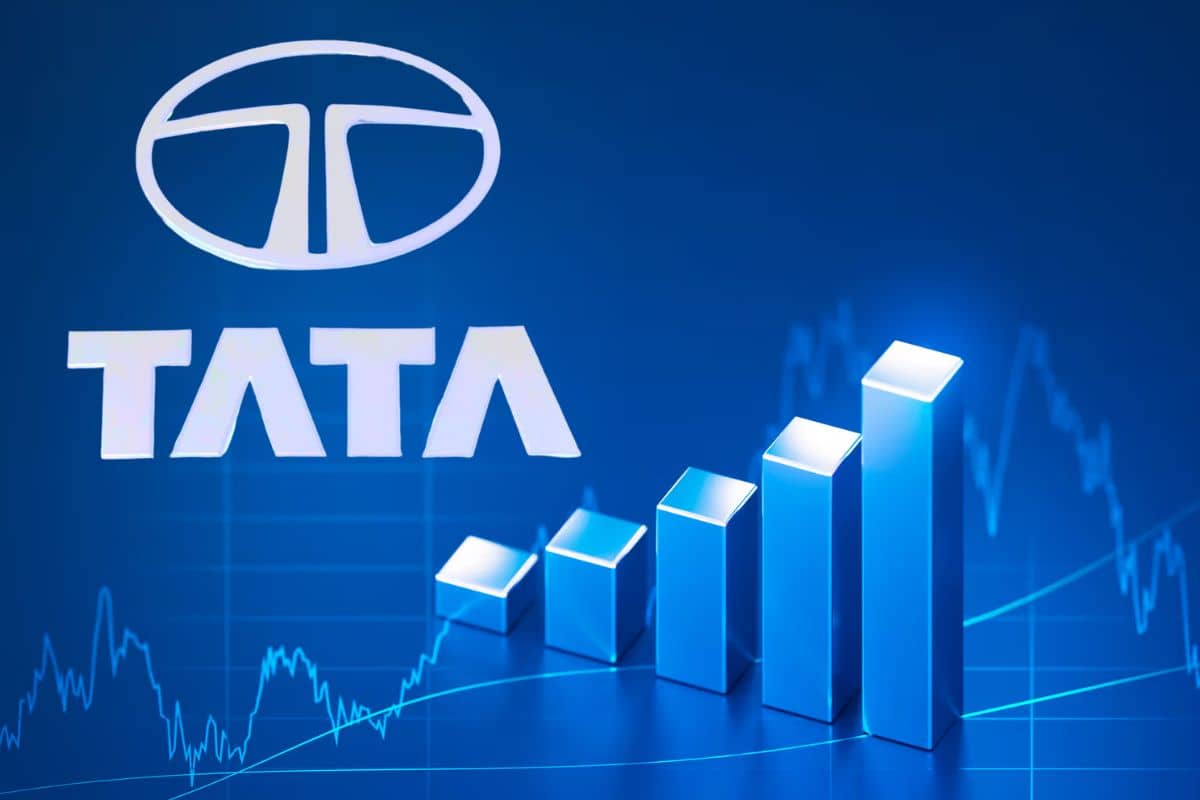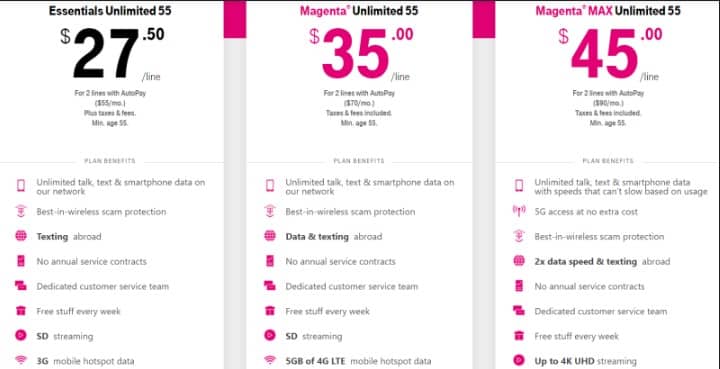Tata Motors DVR Share Rate Analysis
Introduction
Tata Motors DVR shares have become an interesting topic of discussion among investors, offering a unique investment opportunity within the broader automotive sector. As a subsidiary of the prestigious Tata Group, Tata Motors has made a significant mark on both domestic and international markets. However, what sets Tata Motors DVR shares apart from regular shares is their Differential Voting Rights (DVR), which gives investors a different kind of stake in the company. The DVR shares come with limited voting power, yet they offer higher dividend yields compared to regular shares.
This makes them particularly attractive to income-focused investors. Understanding the current performance and market trends of Tata Motors DVR shares is crucial for anyone looking to invest in the company’s future. In this analysis, we’ll delve into the factors that influence the share rate, compare it with Tata Motors’ regular shares, and discuss what investors need to consider before making a decision.
What Are Tata Motors DVR Shares?
ata Motors DVR shares are a special class of equity that come with limited voting rights but offer higher dividends. They provide an alternative investment route for those interested in Tata Motors but less concerned about governance control. As market dynamics shift, understanding how these shares perform, what drives their value, and how they compare to regular shares is essential for making informed investment decisions.
Current Performance of Tata Motors DVR Shares
Tata Motors DVR shares have shown a mixed performance in recent times, influenced by broader market trends, company earnings, and investor sentiment. While they typically trade at a discount to ordinary Tata Motors shares, the gap can widen or narrow depending on market dynamics. Recent movements in the DVR share price reflect both the company’s operational performance and changing perceptions around voting rights. Monitoring these trends helps investors gauge potential value and entry points.
Key Factors Influencing Tata Motors DVR Share Rate
Several factors impact the share rate of Tata Motors DVR, including the company’s financial performance, overall market sentiment, and demand-supply dynamics. Macroeconomic indicators like interest rates, inflation, and fuel prices also play a role, especially given the cyclical nature of the auto industry. Additionally, the discount between DVR and ordinary shares is affected by investor appetite for dividends versus voting power. Regulatory developments and news surrounding Tata Motors can also trigger price movements.
Historical Trends of Tata Motors DVR Share Rate
The historical performance of Tata Motors DVR shares reveals periods of both strong growth and notable volatility. Since their introduction in 2008, these shares have often traded at a consistent discount compared to regular Tata Motors shares. However, the discount has fluctuated over time, influenced by dividend announcements, market conditions, and investor sentiment. Analyzing these trends helps investors understand long-term behavior and potential future patterns in DVR share pricing.
Tata Motors DVR vs. Regular Tata Motors Shares
Tata Motors DVR and regular shares differ primarily in voting rights and dividend yields. While DVR shareholders receive higher dividends, they have only one-tenth of the voting power per share compared to regular shareholders. DVR shares usually trade at a discount, making them appealing for investors focused on returns rather than control. This trade-off between income and influence is key when choosing between the two types of shares for investment purposes.
How Investors Are Reacting to Tata Motors DVR Shares
Investor sentiment toward Tata Motors DVR shares has been mixed, often reflecting broader market conditions and company performance. Income-focused investors are drawn to the higher dividends, while some remain cautious due to the limited voting rights. Periods of strong financial results or positive industry trends tend to boost interest, while market uncertainty can widen the DVR discount. Overall, investor behavior is shaped by a balance of value, yield, and governance considerations.
Risks and Opportunities for Investors in Tata Motors DVR
Investing in Tata Motors DVR shares comes with both risks and rewards. On the opportunity side, the higher dividend yield and discounted price compared to regular shares make them attractive for long-term, income-seeking investors. However, risks include lower liquidity, limited voting rights, and sensitivity to market sentiment. Regulatory changes or shifts in dividend policy could also impact returns. Understanding these dynamics is crucial for making informed investment decisions in DVR shares.
Future Outlook for Tata Motors DVR Shares
The future outlook for Tata Motors DVR shares depends on multiple factors, including the company’s growth trajectory, dividend policies, and broader economic conditions. As Tata Motors continues to expand its electric vehicle segment and strengthen its global presence, DVR shares may benefit from improved earnings and investor confidence. However, the discount to regular shares may persist unless there are regulatory changes or increased market demand. Overall, the outlook remains cautiously optimistic for long-term investors.
Conclusion
Tata Motors DVR shares offer a unique investment opportunity, balancing higher dividends with limited voting rights. While they appeal to income-focused investors, the potential for long-term growth depends on market trends, company performance, and investor sentiment. Understanding the key differences between DVR and regular shares, as well as the risks and opportunities, is essential for making informed investment decisions. With careful consideration, Tata Motors DVR shares can be a valuable addition to a diversified investment portfolio.
You Can Also Read: Housing Development Finance Corporation
FAQs
What are Tata Motors DVR shares?
Tata Motors DVR shares are a special class of stock with differential voting rights. They offer limited voting power but higher dividends than regular Tata Motors shares.
How do Tata Motors DVR shares differ from regular shares?
DVR shares have a reduced voting power (one-tenth) compared to regular shares but come with higher dividend yields, making them attractive to income-focused investors.
Are Tata Motors DVR shares a good investment?
DVR shares can be a good investment for those seeking higher dividends and willing to sacrifice voting rights. However, they may come with added risks due to market fluctuations.
Why do Tata Motors offer DVR shares?
Tata Motors issued DVR shares to raise capital without diluting control. This allows the company to attract income-focused investors while maintaining decision-making power.
Can I trade Tata Motors DVR shares?
Yes, Tata Motors DVR shares are publicly traded on stock exchanges, and investors can buy and sell them like regular shares. However, they often trade at a discount.






One thought on “Tata Motors DVR Share Rate Analysis”